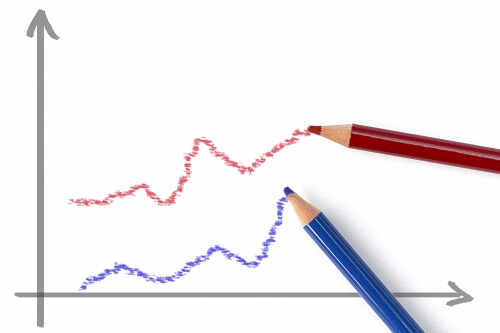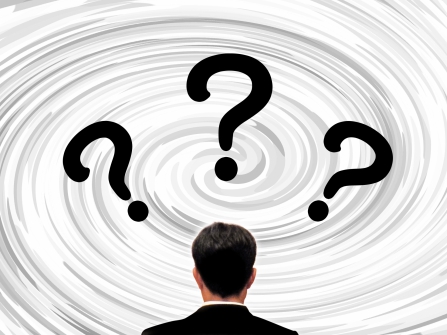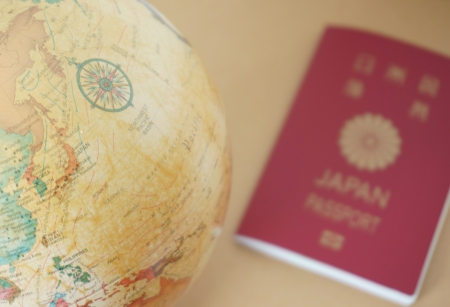I have been working abroad for many years. It’s the same in any country in the world, but you can’t help thinking that it’s boring if you say the same every day. Even if you say “greeting”, just changing the way you say and hear will change the start of the day.
Japanese is good but English is a little bit. . . For you, I would like to introduce a little English greeting expression that can be used in overseas business scenes!
Cut out by topic

Have you seen that?
I can’t believe that Trump has got elected, can you?
What do you think about Trump’s manifest? I think it’s impossible to realize all of that.
“Did you see that yesterday? I can’t believe that Trump was elected president. What do you think about Trump’s manifesto?
Especially overseas, politics and finance-related topics usually appear in everyday conversations, so this is often the case. Therefore, if you can greet your colleagues in the morning like this, you will be off to the best start as a spirited businessman.
The classic expression learned in Japanese textbooks is not an error
By the way, when I met a colleague, Hi, how are you? I’m fine. Of course not wrong.
Make a difference!!

When walking in the office, you often pass your colleagues. In such a case, it is normal to bow a little and pass quickly in Japan. However, if you do the same thing overseas, you may feel that he is dark. In such a case, I would like to say hello like this.
Hey, bro.The shop you told me last week was awesome.Everything was perfect.Why not hung out after work today, it’s on me.
“Hey, Brother! It was the best restaurant I told you last time! Everything was perfect.
If you can communicate with your colleagues like this, your relationship with your colleagues will improve. In overseas workplaces, the horizontal connection is quite important for smooth work. (This is also true in Japan)
The point is not to pass silently, but to have a little conversation when you pass each other.
Expressions native speakers barely use

“Long time no see”
I often hear you. Asians tend to use it, but in fact natives don’t use this expression very much. It’s not a wrong expression, so if you are a family member or friend, you won’t care. However, using Long time no see for business people gives a less-smart impression.
What are native expressions
So what do natives say to people they met after a long time? I use this kind of expression.
It’s been a while./It’s been a long time./How have you been?
It’s surprisingly simple. I think these are closer to the intuitive image of the word “after a long time”. With these expressions, business people should be able to enter the conversation smoothly without feeling uncomfortable.
Conclusion

How was it? This time it was a greeting, so I introduced some expressions that can be used in the business scene. If these are in one corner of your head, you should be able to work smarter when working with foreigners.
After all, the most important thing is…!
The most important thing is “Speak with confidence!” If you speak with confidence with Hakihaki, it will work even if you make a little mistake. Let’s enjoy global life with confidence.









































Leave a Reply